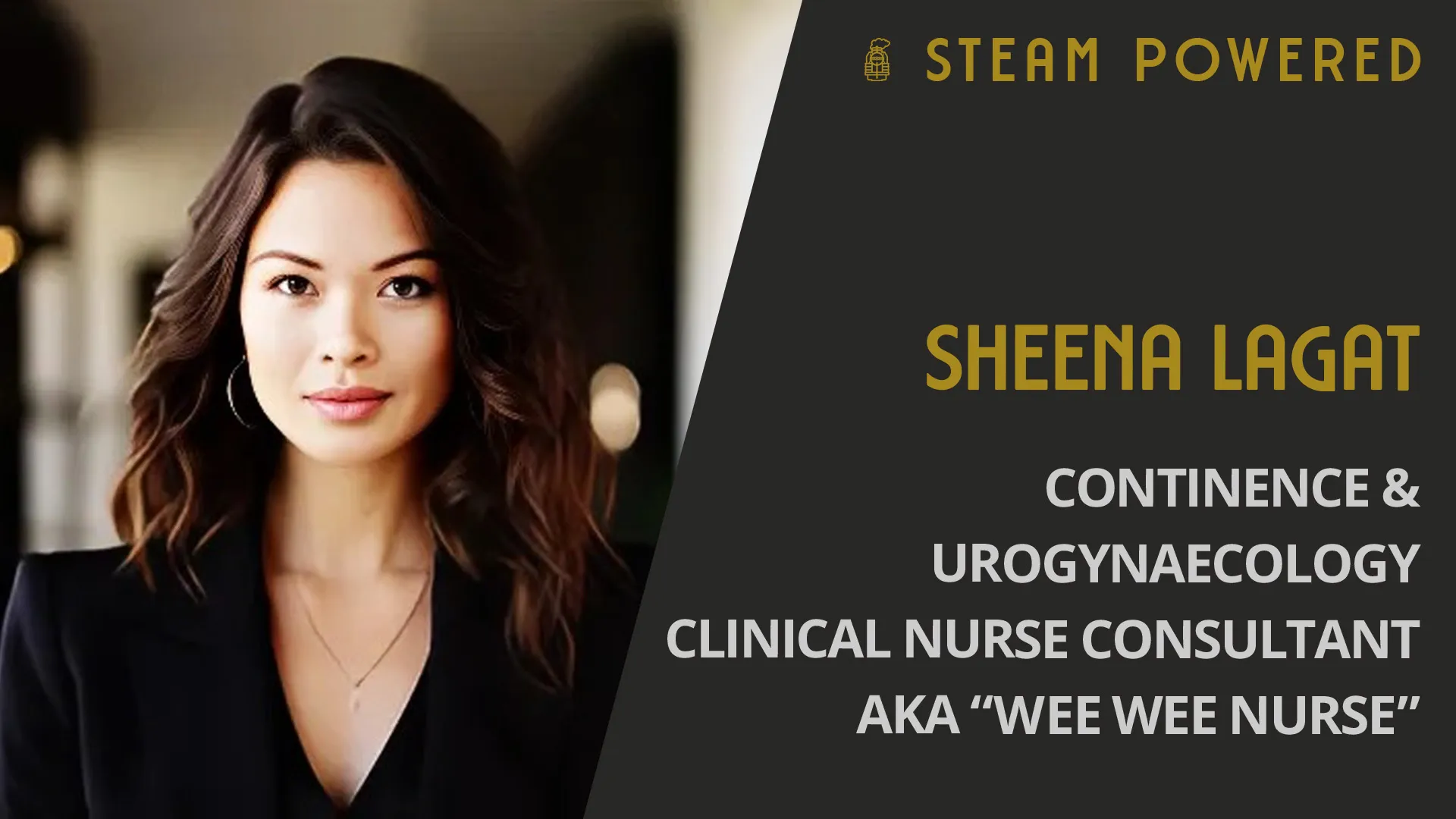The epidemiology of space with Sabine Bellstedt
A lot about what it is to be human is understanding who we are and where we came from, whether that's genetically, geographically, or otherwise. But what if we zoomed out and approached it at a galaxy level? What could we learn about who we are, what we understand about the universe, and what humans are capable of achieving?
Sabine Bellstedt is an astronomer working on the epidemiology of space and on large scale projects with international teams not only to understand the universe, but how we understand the universe. Join us as we speak with Sabine about her journey to astrophysics, space epidemiology, and the impact of astronomical innovation.
About Sabine Bellstedt
Sabine Bellstedt is an astronomer who works with enormous galaxy surveys. These are large international projects that collect data for millions of galaxies, with the goal of piecing together the evolution of galaxies and the Universe more broadly across almost 14 billion years of cosmic time. Sabine likes to work with intricate new software and tools to interpret and understand these data, to extract new information about galaxies and the stars within them.
- Sabine's Website: https://www.sabinebellstedt.com/
- LinkedIn: https://www.linkedin.com/in/sabine-bellstedt/
- ICRAR: https://www.icrar.org/
Listen to the Podcast
Listen on Apple Podcasts, Spotify, iHeartRadio, Amazon Music, Castbox, Deezer, Goodpods, Overcast, Pocket Casts, TuneIn, Blubrry, Podcast Addict, Podchaser, JioSaavn, RSS , and other podcast platforms.
Watch on YouTube
- [00:01:06] Sabine's journey to astronomy.
- [00:02:41] Astronomic serendipity.
- [00:04:14] Where Sabine thought the future would take her.
- [00:05:34] The epidemiology of space.
- [00:08:22] The problem of determining which bits of data are important.
- [00:09:55] The significance and impact of large-scale infrastructure projects.
- [00:11:40] The societal benefit we receive from large-scale research and development.
- [00:15:04] Curiosity-driven development is valuable.
- [00:15:44] What we can learn from galactic and extra-galactic surveys.
- [00:18:06] Galaxies as a tracer.
- [00:18:39] Tracing the paths of celestial bodies.
- [00:20:59] Learning about how we learn about the universe.
- [00:24:06] The sticky problem of finding just the right amount of complexity.
- [00:25:47] The also sticky problem of the carbon footprint of astronomy.
- [00:31:49] How women and diversity contributes to the sciences.
- [00:35:00] The nuances of "You can't be what you can't see".
- [00:37:01] Balancing criteria with the intangibles that only you can bring to a role.
- [00:40:29] What advice would you give someone who would like to do what you do, and what advice should they ignore?
- [00:43:10] Find out more about Sabine and astronomy.
Connect with Us
- @steampoweredshow
- @steampoweredshw
- @steampoweredshow
- @steampoweredshow
- @steampoweredshow
- @steampoweredshow
- steampoweredshow
Support STEAM Powered
Review Us
Please leave us a review on Apple Podcasts, Spotify, GoodPods, Podchaser, or your preferred podcatcher.
Become a Patron
Affiliate Programs
Start your own podcast or YouTube channel, or run panels and seminars with
Riverside.fm. Record up to 8
people in a session with up to 1000 audience members. You can record in advance
as I do, or you can livestream with the option to send it straight to Facebook,
Youtube, Twitter, or Twitch. There’s even a green-room for guests and live call
in for audience members. Afterwards, get separate video (up to 4K) and audio (up
to 48kHz) tracks per recorded participant for editing, none of that “active
speaker only” limitation. You know you’re in good hands with a service whose
client-base includes some heavy-hitters. Check out
Riverside.fm to see who else is on
board. Use promo code STEAM25 to get 25% off the first three months of your
subscription.
Music is “Gypsy Jazz in Paris 1935” by Brett Van Donsel.

